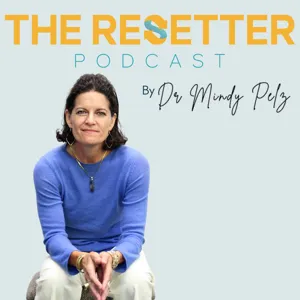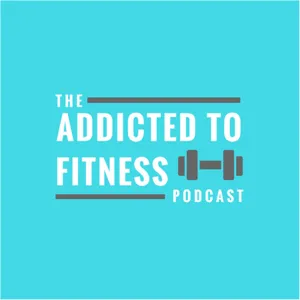This episode is brought to you by InsideTracker, Athletic Greens, and Paleovalley.
Until recently, the most popular approach to treating Alzheimer’s has been to focus on managing the symptoms in the brain. Now brain experts and neurologists know that a better, more effective approach to helping Alzheimer’s patients requires a full-body assessment with all-encompassing, highly individualized treatment that includes improving the microbiome, a healthy diet, plenty of exercise, hormonal balance, adequate sleep, and more.
In today’s episode, I talk with Dr. Richard Isaacson, Dhru Purohit, and Dr. Dale Bredesen about why Alzheimer’s is not just a disease of the brain, but one of the entire body.
Dr. Richard Isaacson serves as Director of the Center for Brain Health and Director of the Alzheimer’s Prevention Clinic (APC) at Florida Atlantic University’s Schmidt College of Medicine. He previously served as Director of the APC at the Weill Cornell Memory Disorders Program, Assistant Dean of Faculty Development, and associate professor of neurology at Weill Cornell Medicine & NewYork-Presbyterian. He remains an adjunct associate professor of neurology in the Department of Neurology at Weill Cornell. Prior to that, he served as associate professor of clinical neurology, Vice-Chair of Education, and Education Director of the McKnight Brain Institute in the Department of Neurology at the University of Miami Miller School of Medicine.
Dhru Purohit is a podcast host, serial entrepreneur, and investor in the health and wellness industry. His podcast, The Dhru Purohit Podcast, is a top 50 global health podcast with over 30 million unique downloads. His interviews focus on the inner workings of the brain and the body and feature the brightest minds in wellness, medicine, and mindset.
Dr. Dale Bredesen is internationally recognized as an expert in the mechanisms of neurodegenerative diseases such as Alzheimer's disease and is the author of the New York Times bestsellers The End of Alzheimer's, The End of Alzheimer's Program, and his latest book, The First Survivors of Alzheimer's: How Patients Recovered Life and Hope in Their Own Words.
This episode is brought to you by InsideTracker, Athletic Greens, and Paleovalley.
InsideTracker is a personalized health and wellness platform like no other. Right now they’re offering my community 20% off at insidetracker.com/drhyman.
Right now when you purchase AG1 from Athletic Greens, you will receive 10 FREE travel packs with your first purchase by visiting athleticgreens.com/hyman.
Paleovalley is offering my listeners 15% off their entire first order. Just go to paleovalley.com/hyman to check out all their clean Paleo products and take advantage of this deal.
Full-length episodes of these interviews can be found here:
Dr. Richard Isaacson
Dhru Purohit
Dr. Dale Bredesen
Hosted on Acast. See acast.com/privacy for more information.



